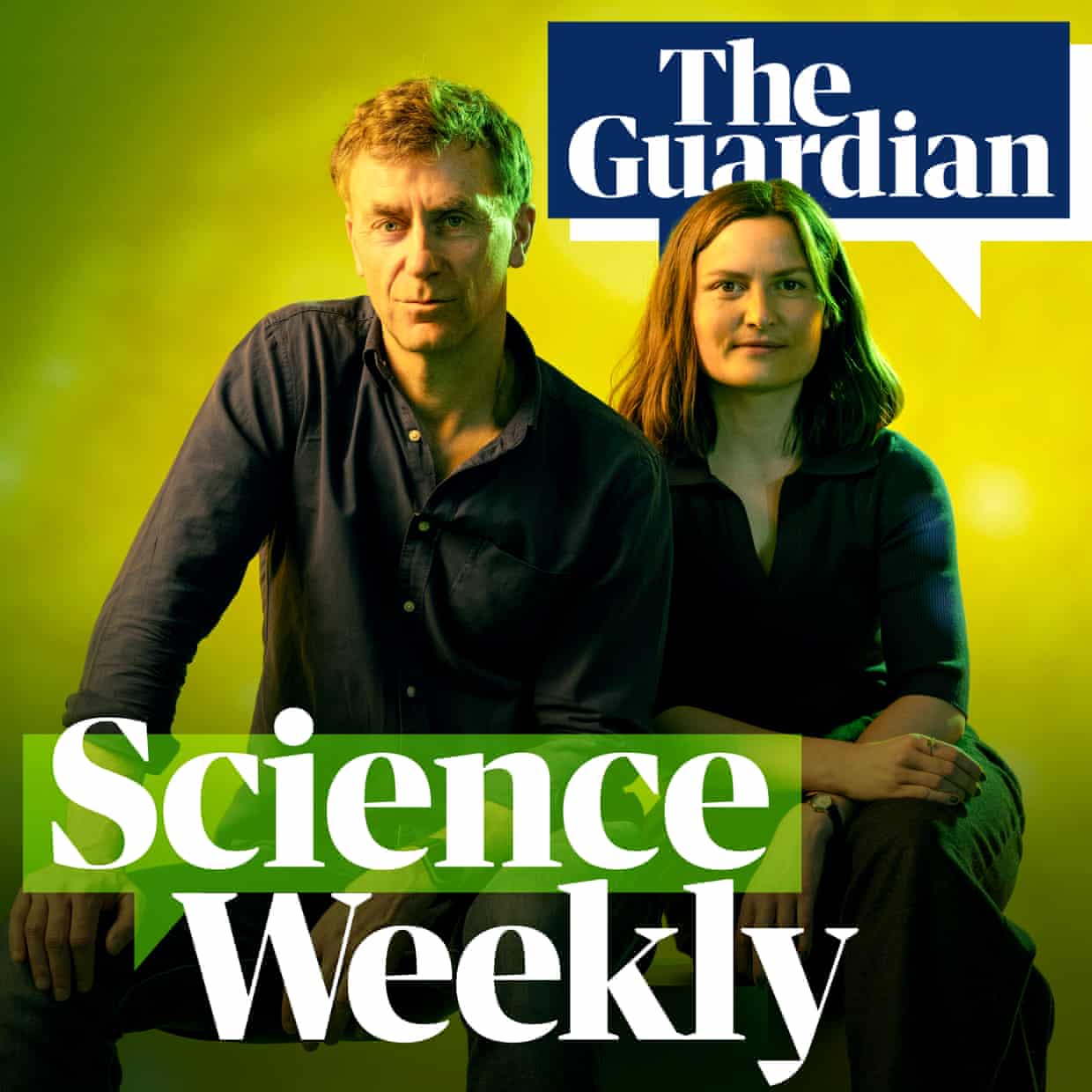Science
Global Seed Bank Protects Biodiversity and Food Security

The Svalbard Global Seed Vault in Norway is safeguarding the future of global agriculture by storing genetic material from various plants. Opened in 2008, this facility now houses over 1,000,000 seed samples, representing a vital resource for food security and biodiversity. As climate change and other global challenges threaten agriculture, the seed bank plays a crucial role in preserving plant diversity for future generations.
Located on a remote island in the Arctic Ocean, the vault is often referred to as the “Doomsday Vault.” It provides a secure backup for seed collections from around the world. The seeds are stored in conditions designed to withstand extreme weather events and natural disasters. The facility is managed by the Norwegian government in collaboration with the Global Crop Diversity Trust and the United Nations. Together, these organizations work to ensure that the seeds are preserved and accessible for future agricultural use.
The importance of the seed bank has grown in recent years. With climate change impacting food production, the need for resilient crop varieties has never been more pressing. The vault serves as a safety net, allowing scientists and farmers to access diverse genetic material that can be used to develop new crops capable of withstanding environmental stresses.
2023 marked a significant year for the Svalbard Global Seed Vault, as it received new deposits from countries facing agricultural challenges. This demonstrates the ongoing global commitment to preserving biodiversity. Countries participating in the International Treaty on Plant Genetic Resources contribute to the seed bank, ensuring that a wide range of crops is available for future generations.
The facility operates on the principle that genetic diversity is essential for food security. As global populations continue to rise, the demand for food sources increases, making the preservation of diverse plant species critical. The seeds stored in Svalbard represent a wide array of crops, including staples such as rice, wheat, and maize.
In a world where biodiversity is rapidly declining, the Svalbard Global Seed Vault stands as a beacon of hope. It not only protects against the loss of vital plant species but also serves as a reminder of the importance of global cooperation in addressing food security challenges. The vault symbolizes humanity’s commitment to ensuring that future generations have access to the agricultural resources necessary to thrive.
The ongoing efforts to maintain and expand the seed bank reflect a broader understanding of the interconnectedness of ecosystems and agriculture. As the global community confronts the impacts of climate change, the role of institutions like the Svalbard Global Seed Vault becomes increasingly important. By safeguarding the genetic diversity of plants, we can work towards a more secure and sustainable future for food production worldwide.
The Svalbard Global Seed Vault exemplifies how strategic foresight can help mitigate potential crises. As researchers and policymakers continue to focus on the challenges of food security and climate resilience, the seed bank remains a vital resource in the fight for sustainable agriculture and biodiversity preservation.
-

 Science3 months ago
Science3 months agoToyoake City Proposes Daily Two-Hour Smartphone Use Limit
-

 Health4 months ago
Health4 months agoB.C. Review Reveals Urgent Need for Rare-Disease Drug Reforms
-

 Top Stories4 months ago
Top Stories4 months agoPedestrian Fatally Injured in Esquimalt Collision on August 14
-

 Technology3 months ago
Technology3 months agoDark Adventure Game “Bye Sweet Carole” Set for October Release
-

 World3 months ago
World3 months agoJimmy Lai’s Defense Challenges Charges Under National Security Law
-

 Lifestyle4 months ago
Lifestyle4 months agoVictoria’s Pop-Up Shop Shines Light on B.C.’s Wolf Cull
-

 Technology3 months ago
Technology3 months agoKonami Revives Iconic Metal Gear Solid Delta Ahead of Release
-

 Technology3 months ago
Technology3 months agoApple Expands Self-Service Repair Program to Canada
-

 Technology3 months ago
Technology3 months agoSnapmaker U1 Color 3D Printer Redefines Speed and Sustainability
-

 Technology3 months ago
Technology3 months agoAION Folding Knife: Redefining EDC Design with Premium Materials
-

 Technology4 months ago
Technology4 months agoSolve Today’s Wordle Challenge: Hints and Answer for August 19
-

 Business4 months ago
Business4 months agoGordon Murray Automotive Unveils S1 LM and Le Mans GTR at Monterey









